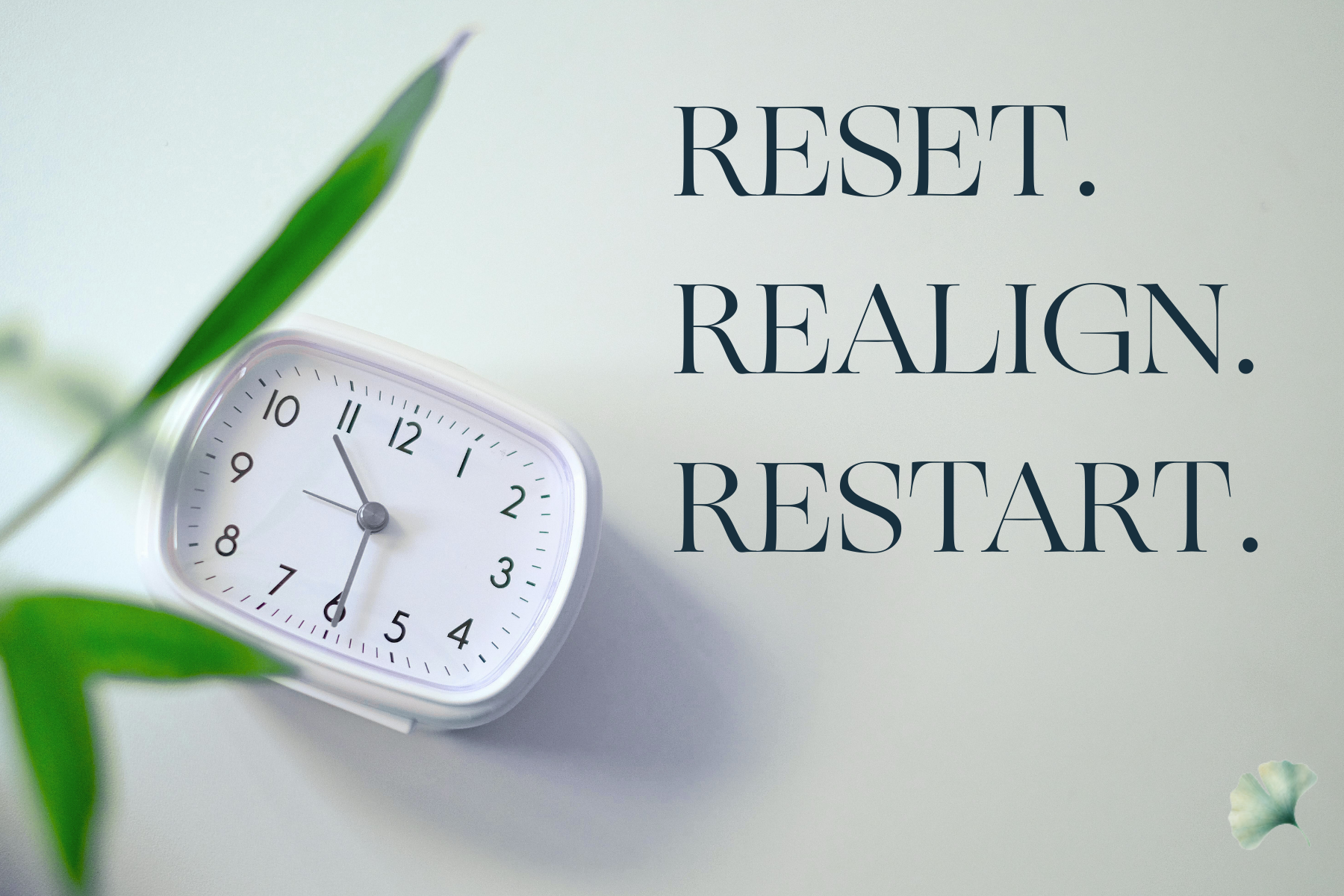When things feel blurry or uncertain, therapy can help you unpack what happened without pressure to label it.
Have you ever felt unsettled about a sexual experience but weren’t sure what to call it—or even whether you should call it anything at all? Maybe something about the situation felt “off,” but part of you wondered if you were overreacting. These moments can be deeply confusing, especially if it seemed like there was a power difference at play.
One of our core principles is to meet you where you are. We believe in exploring the details of what happened and how you feel—without immediately applying any single label. For some people, naming an experience is essential to healing. For others, introducing a label too quickly can feel overwhelming or invalidating. Below, we share how we might go slowly in therapy and why that can help you find the clarity and resolution you’re seeking.
We Start With Your Perspective
Honoring Your Experience
Therapy is a space where your voice and perspective matter most. When you come in feeling uncertain or conflicted, our first goal is to help you share your story in your own words. By listening carefully and asking open-ended questions, we affirm that you are the expert on your own thoughts and feelings—even when they’re not entirely clear.
Building Safety and Trust
If we were to rush to define what happened, you might feel judged or pressured. We know you need a safe environment to consider different angles and possibilities. Our job is to create a nonjudgmental space where you can talk freely about what’s on your mind, particularly if there’s confusion about consent or blurry boundaries.
Why We Might Go Slowly With Labels
Avoiding Confusion or Shut-Down
Calling something by a certain name too soon can be jarring if you’re not ready. You might feel compelled to minimize the situation or discount your own discomfort just because you can’t fully accept a label yet. Going at a measured pace lets you unfold your experience without feeling cornered.
Respecting Complex Feelings
Some sexual encounters, especially those involving power imbalances, can stir a confusing mix of emotions—fear, shame, curiosity, guilt, or even admiration. If we rush toward a definition, it can feel like there’s no room for the nuances. Instead, we focus on how you felt and help you unpack the contradictions in a supportive way.
Preserving Your Autonomy
Therapy works best when it’s empowering. If someone else tells you what to call your experience or how to feel about it, you might sense a loss of control—mirroring the very power imbalance that made you uneasy in the first place. By allowing you to decide when or if labeling is right, we honor your pace and personal authority.
What We Do Instead of Forcing Labels
Use Descriptive, Client-Led Dialogue
Rather than declaring something a certain way, we focus on your words: “Could you tell me more about that moment?” or “You mentioned feeling uneasy—can you expand on that?” This helps you deepen your self-awareness and gain clarity on what’s really going on beneath the surface.
Gently Explore Power Dynamics
If it seems like power may have played a role—maybe someone was in a position of authority—we might ask, “Did you feel free to say no or voice discomfort? Were there any consequences, implied or otherwise?” This highlights potential imbalances without imposing a conclusion on you.
Introduce Knowledge Gradually
Some people find it useful to learn about boundaries, consent, and how power differences can affect choice. If you’re open to it, we offer definitions and examples in a gentle way, then come back to whether they resonate with your experience. You get to decide if these concepts apply.
Stay Curious About Emotions
We pay attention to emotional shifts in your body language and tone. Maybe you become tense recalling a certain detail, or feel relief finding words that fit how you felt. This emotional exploration often reveals more than a quick label ever could, guiding us toward what most needs attention.
Our Role as Therapists
Our role as therapists is not to dictate how you should view your experiences. Instead, we focus on creating a safe, nonjudgmental space where you can explore your feelings, deepen your self-understanding, and ultimately decide what resonates most with you—whether that includes labels or not. By going slowly, asking reflective questions, and offering gentle education on power dynamics and boundaries, we support you in making authentic discoveries about yourself and your experiences. You deserve the time and space to find your own words—and we’re here to walk alongside you as you do.
Here at Connections, We Follow Your Lead
Some clients may benefit greatly from naming their experience with specific terms, while others prefer not to. Our focus is on ensuring you feel heard, supported, and respected throughout your therapeutic journey. We believe that you deserve the time and space to make your own discoveries about consent, power, boundaries, and everything in between. If you’re ready to explore your feelings in a way that respects your pace and perspective, we invite you to reach out to Connections Health. Together, we can create a supportive environment where you can gain clarity on your experiences—and decide for yourself what healing and resolution look like.
Related Articles
Attending college is a time of self-discovery, growth, and new experiences. But for many, the transition comes with emotional and psychological challenges - ones that can quietly build beneath the surface. One of the most common and misunderstood among them is depression. In a 2021–2022 survey of over 130 U.S. college campuses, 44% of students [...]
Each October, we observe LGBT History Month—a time to honor the courage, resilience, and impact of LGBTQIA+ individuals throughout history. National Coming Out Day reminds us that living openly can be both powerful and vulnerable—and that no one should have to navigate that journey alone. Our team offers affirming mental health support for LGBTQIA+ individuals, [...]
“To love ourselves and support each other in the process of becoming real is perhaps the greatest single act of daring greatly.” — Brené Brown, Daring Greatly We live in a world that values momentum, output, and progress. But healing and personal growth don’t always follow a straight path or a set timeline. If you’re [...]






